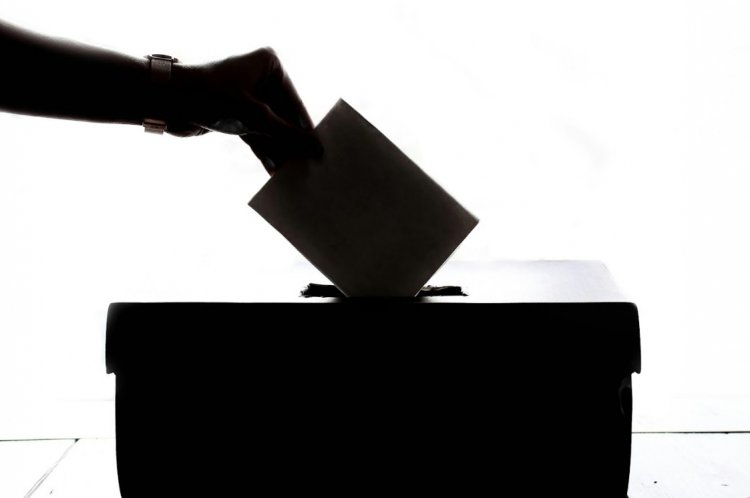The 2024 Croatian General Election will pit incumbent Prime Minister Andrej Plenkovic against Zoran Milanovic, who seeks to replace HDZ’s Social Democratic Party, and potentially lead to a coalition government.

The 2024 Croatian General Election will pit incumbent Prime Minister Andrej Plenkovic against Zoran Milanovic, who seeks to replace HDZ’s Social Democratic Party, and potentially lead to a coalition government.
Comments